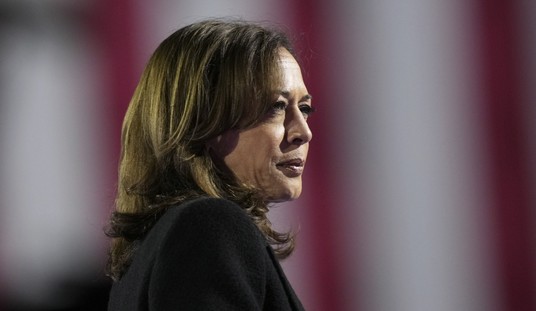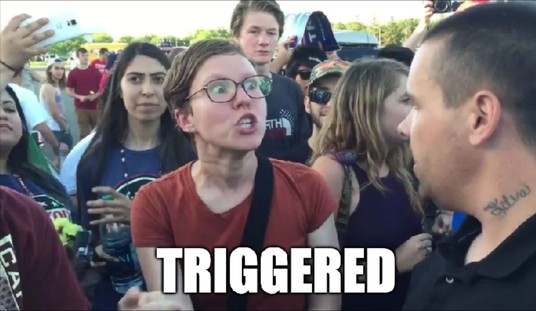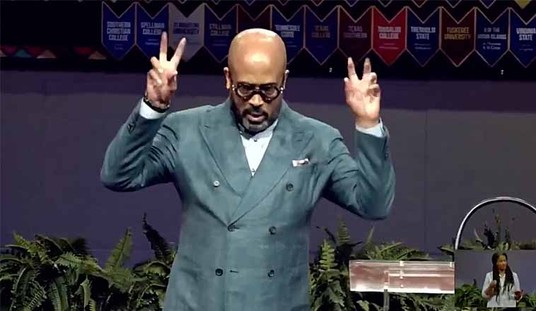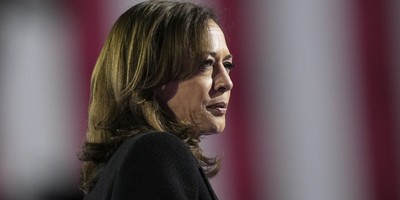NewsBusters of the Media Research Center tweets that it has recorded over 7,000 cases of online censorship.
Big Tech is waging a war on the First Amendment. We've recorded over 7,000 cases of online censorship in our unique database CensorTrack. https://t.co/uJbB9Ttqrs
— MRC NewsBusters (@newsbusters) October 6, 2024
It is a blessing to live in a nation where there exists the freedom of speech.
Online censorship is a double-sided pancake. On the one hand, online media platforms are private companies and as such hold rights to make business decisions. On the other hand, companies that purport themselves to be marketplaces of online communication and information dissemination should allow communication and information dissemination.
Widely used media platforms bear a particular responsibility to maintain credibility on this issue. Though they are their own companies and conduct their own business, part of that business is proper stewardship of the power and influence they hold. Perhaps they are "too big" to censor. If a major media platform selectively censors certain content, that selective censorship has a disproportional impact on other media and communication in general. When content that should not be censored is censored, there is an uneven disruption in the flow of information.
A debate can be had about how to functionally strike a balance regarding both needed censorship and free speech.
Recommended
Some censorship is needed. If any platform, large or small, operates under the guideline of not allowing certain vulgar or otherwise distasteful content, that can within reason be a basis for censorship enforcement. A problem arises when an objective censorship guideline is stretched to include content that is subjectively disliked by the company or the censors that be. A political candidate or officeholder posting content as such is newsworthy and should not be censored. Not a basis for censorship: We are uncomfortable with something posted by a presidential nominee.
























Join the conversation as a VIP Member